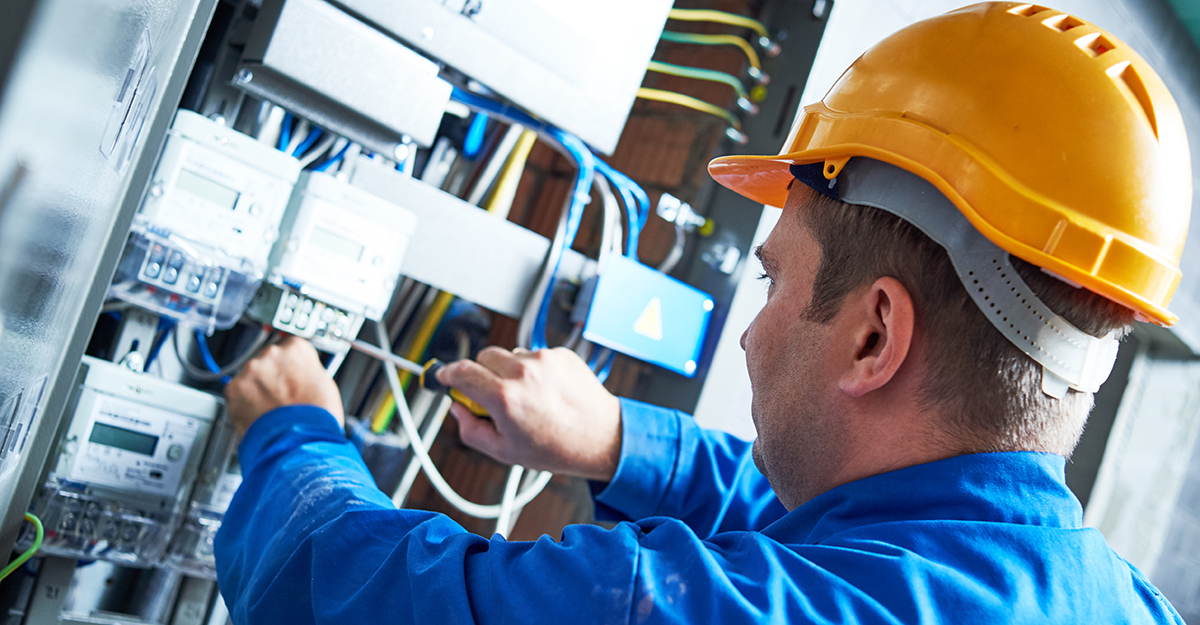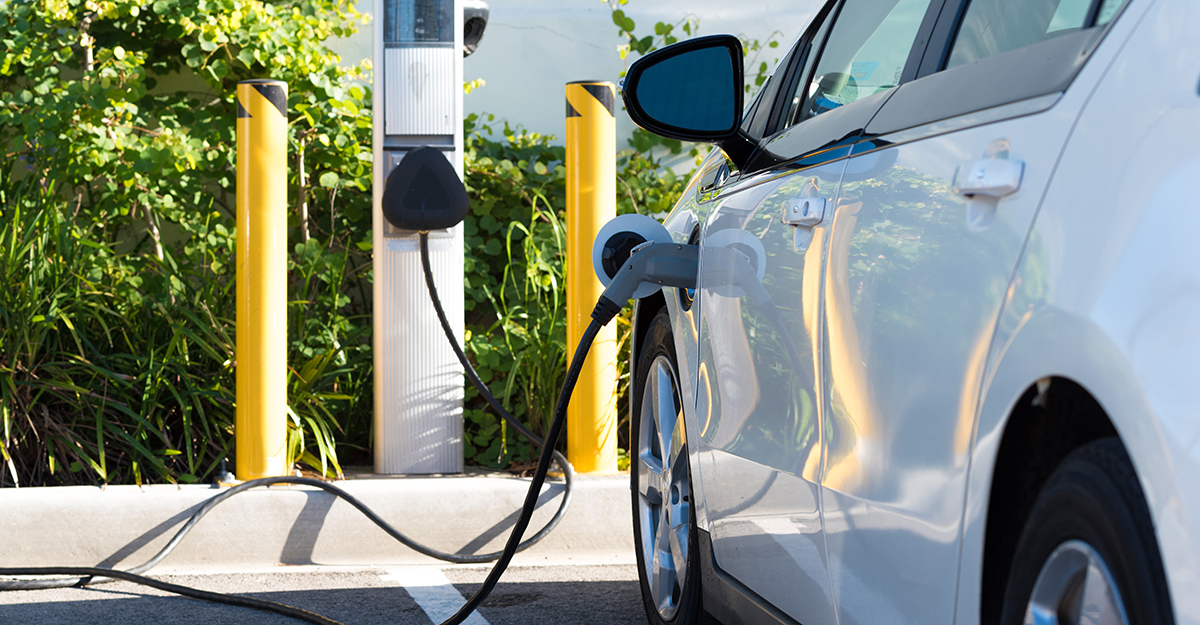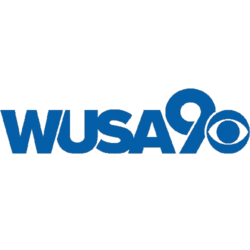STATEMENT: The Board of Trade is eager to work with all elected officials on faster, more inclusive economic growth
WASHINGTON, D.C., November 6, 2018 – The Greater Washington Board of Trade, the region’s premier business organization representing all industry sectors, congratulates all candidates in today’s election for their strong effort.
Following is a statement from Jack McDougle, President & CEO, Greater Washington Board of Trade:
“Greater Washington has the potential to be a world-class center for innovation, but first we must speed up and diversify the growth of our economy. We are eager to work with the incoming elected officials to create a business climate that can attract investment and talent in new and exciting areas. This means taking an inclusive, sustainable approach to the region’s development—making Greater Washington a place where everyone can thrive, for generations to come.”
The Board of Trade looks forward to working with all government officials on public policies that anticipate the future needs of a changing region. The following issues are of high importance to the Board of Trade:
Innovation and technology: Smart city technology can make day-to-day life safer and more convenient for residents. Growing technology industries will also help diversify the region’s economy for more robust and resilient progress. Dialogue and coordination across the region can maximize funding, prioritize investments, integrate disconnected systems, and scale successful projects. Area universities, corporate and national labs, nonprofits, and federal government research and development funding provide ample building blocks for technology projects and a regional innovation ecosystem.
Transportation: How easily people and cargo move around the region has a large impact on quality of life and economic productivity. Commute times are a major source of stress and productivity loss in Greater Washington. We need a mix of safe, convenient, and clean transportation options. Smart technology can make transportation more efficient and lower costs. We must begin to lay the foundations to support next-generation technologies such as electric, autonomous, and aerial vehicles.
Skills training: A smart economy requires nimble education and training institutions focused on the evolving skills needs of the private sector. We must address this through strong K-12 education in every neighborhood. We also need more vocational and technical training options in fields such as healthcare, hospitality, and the trades.
Housing: Rising housing costs can push workers far from their place of employment, putting more pressure on our transportation systems and aggravating commuters. We must ensure that housing supply stays in pace with demand over the years to come so that quality housing remains available to our workforce.
Regional collaboration: Collaboration across the District, Maryland, and Virginia led to dedicated funding for Metro, a major step towards improving transportation for everybody in the region. Government leaders must continue working together and seize other opportunities to make Greater Washington one strong metropolitan area so that we can better attract investment and retain talent.
The Board of Trade has launched a smart region movement to use technology and innovation to drive inclusive economic growth and livability. We believe this is critical to the long-term success of the region. Local governments are important partners in that work, and the Board of Trade will continue to bring the business community and governments to the table for productive conversations on the region’s biggest opportunities.
About the Board of Trade
The Greater Washington Board of Trade is the region’s premier business organization and has represented all industry sectors in the District of Columbia, suburban Maryland and Northern Virginia for 130 years. Pro-business and non-partisan, the Board of Trade uses its tremendous convening power to strengthen our regional economy. It is focused on advancing technology and innovation in the region to drive inclusive economic growth and livability.
Contacts
Lindsey Longendyke, Communications Director, 980-322-9904, [email protected]
Jessica Sewall, General Manager, 202-857-5934, [email protected]























